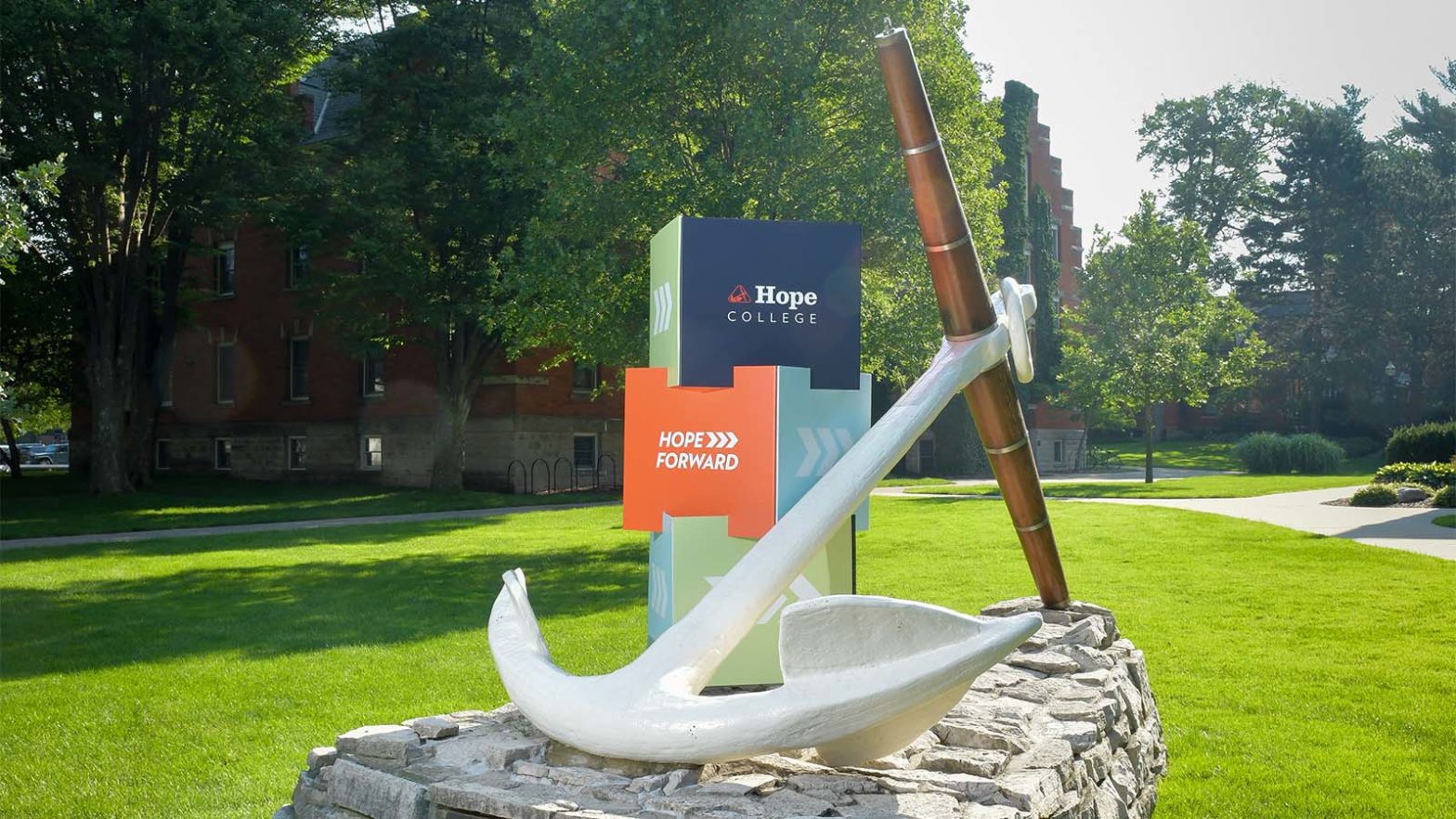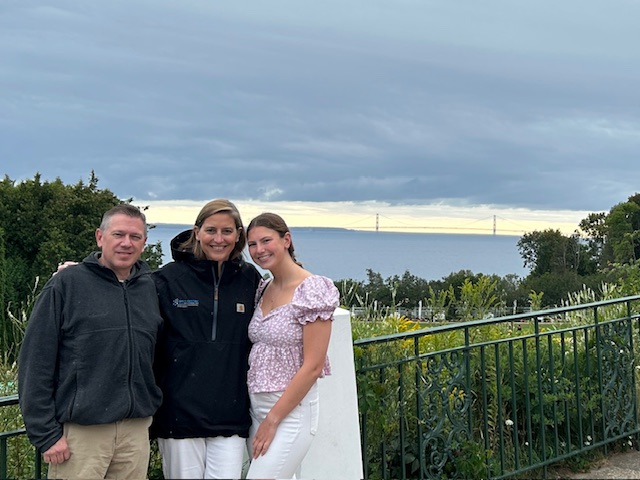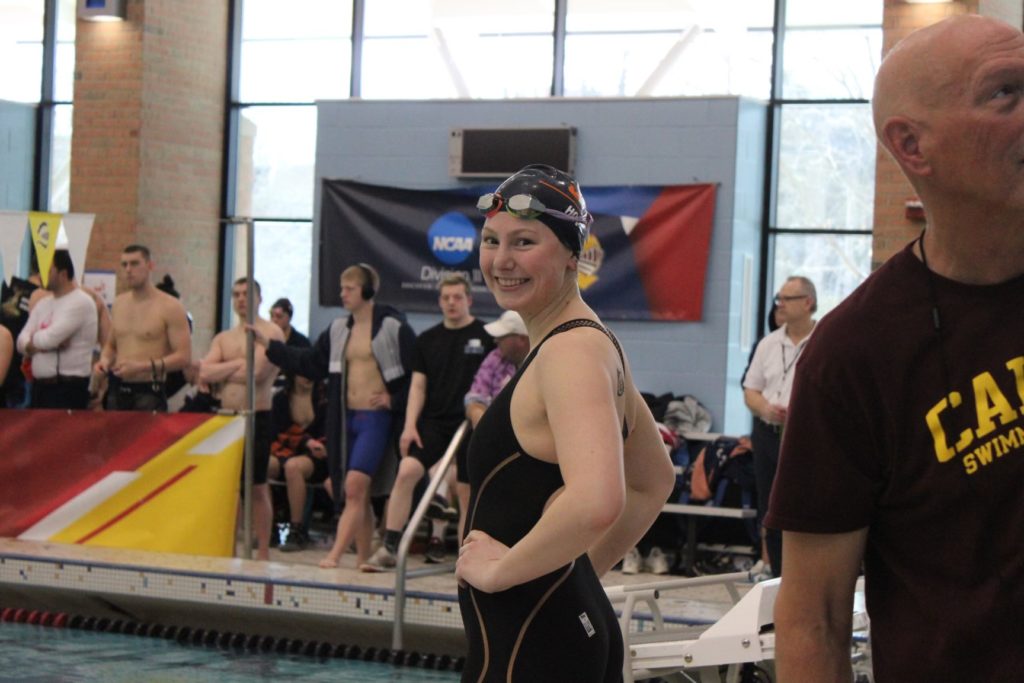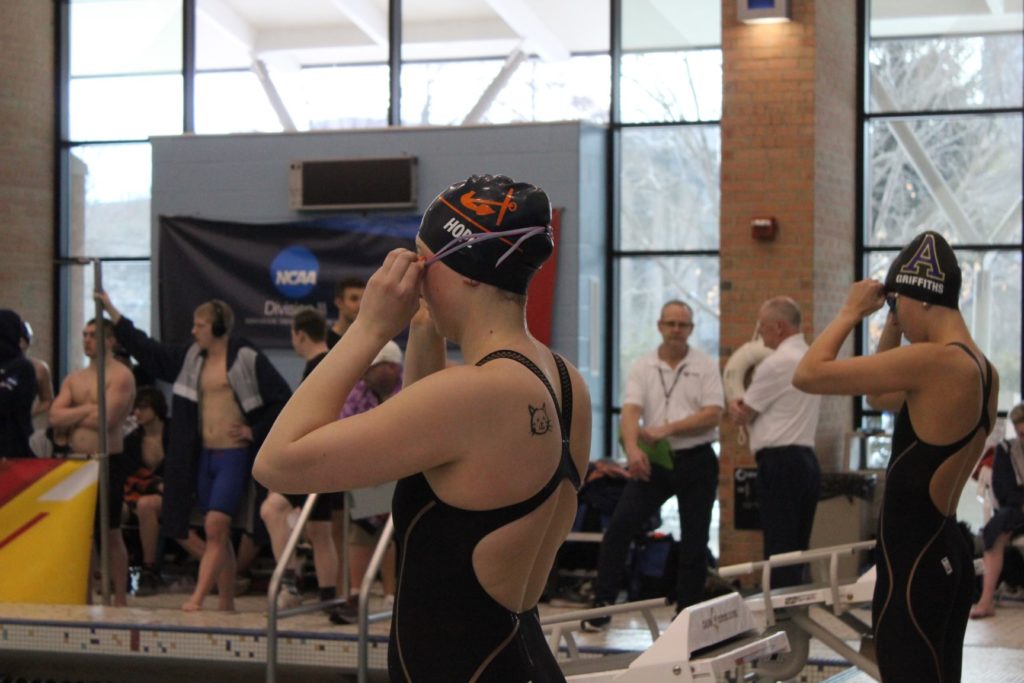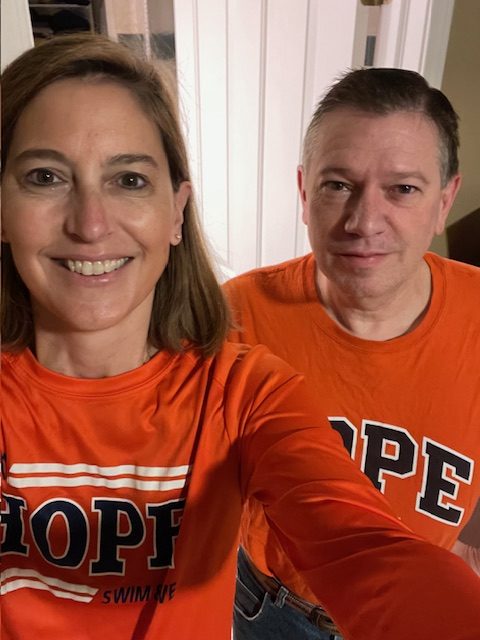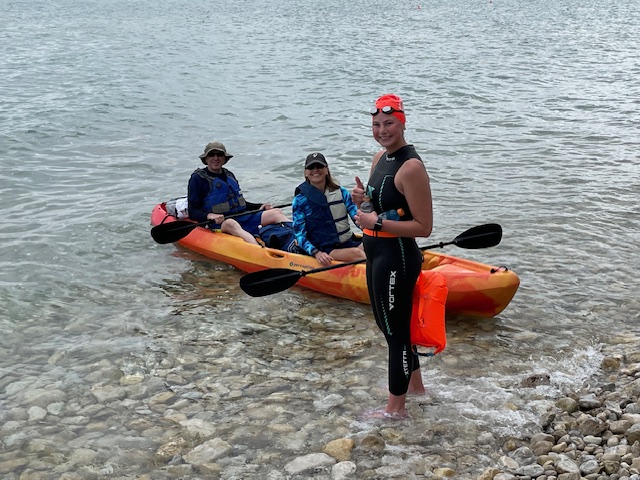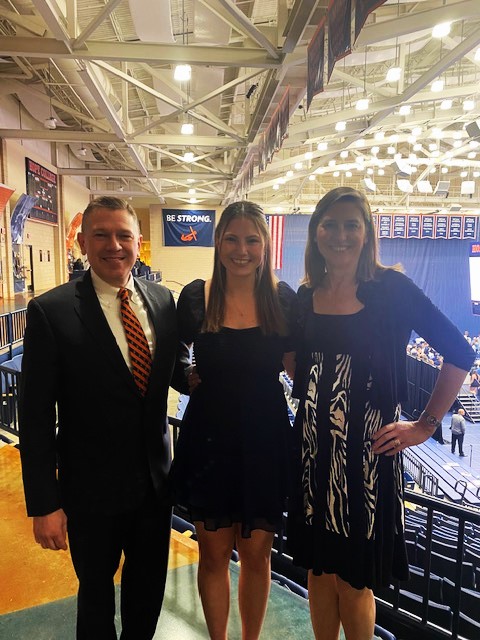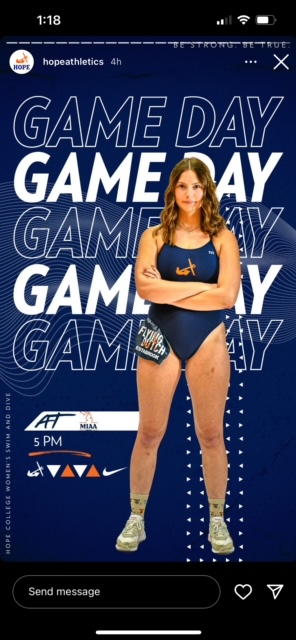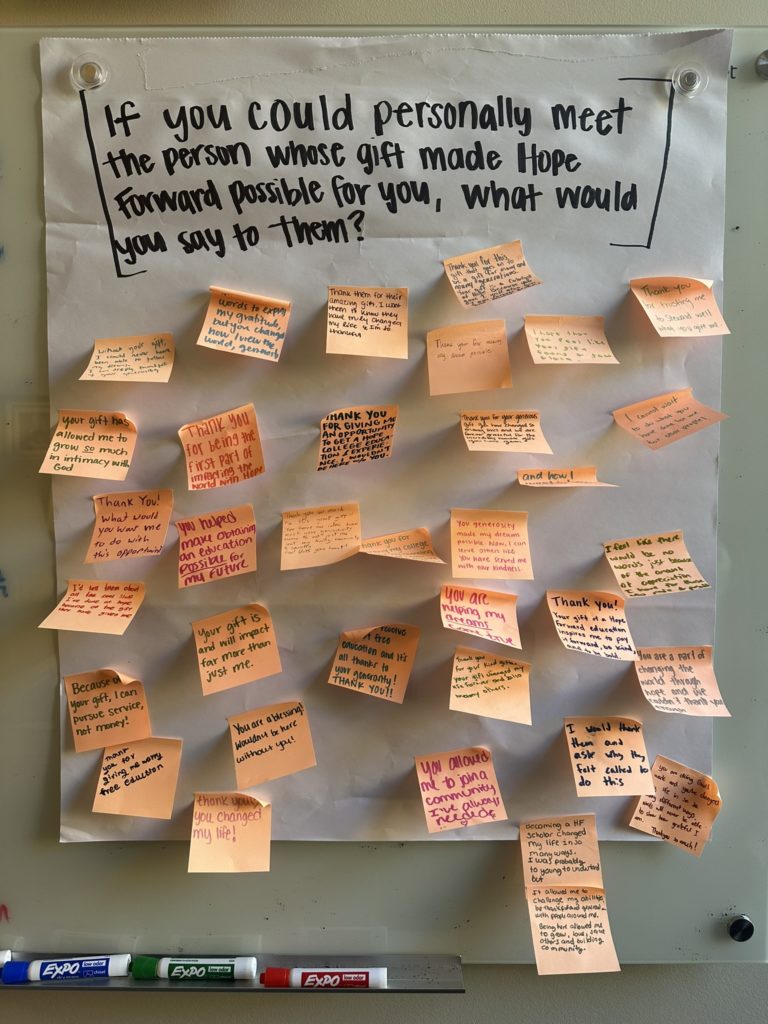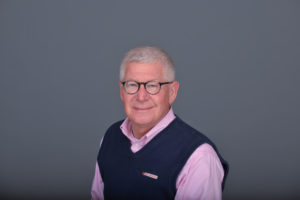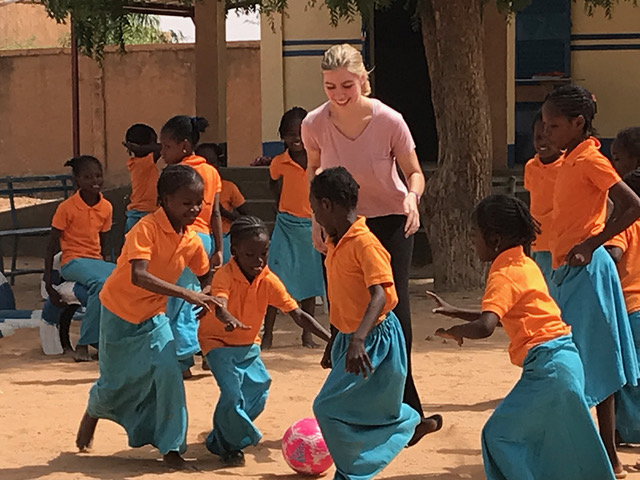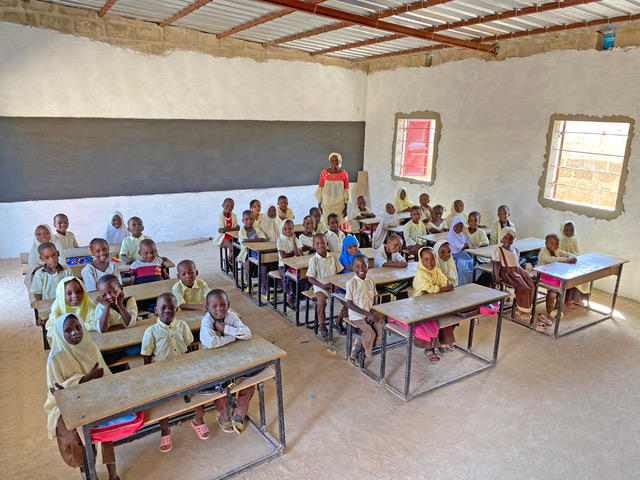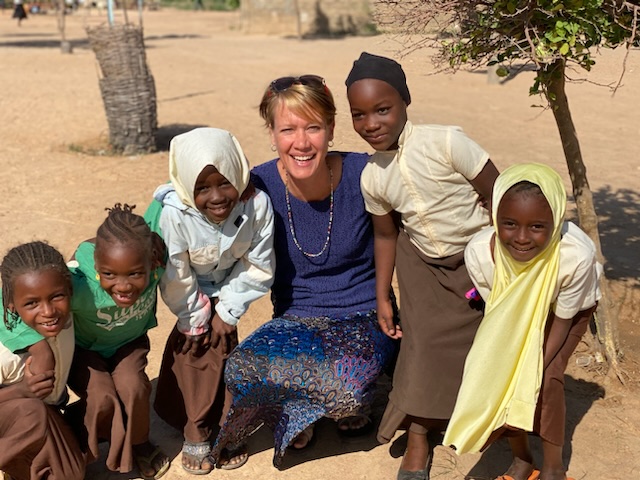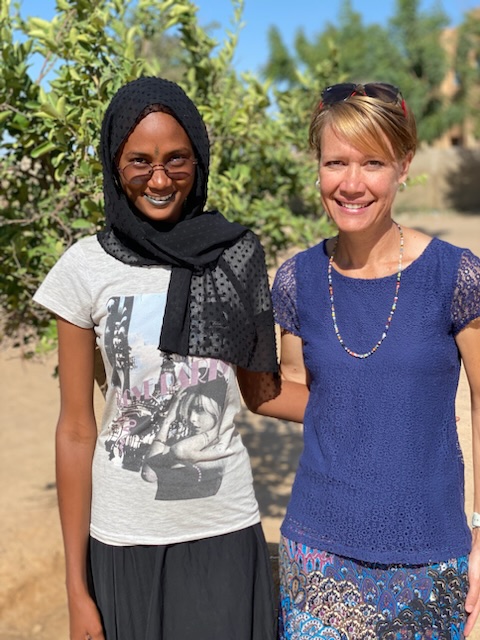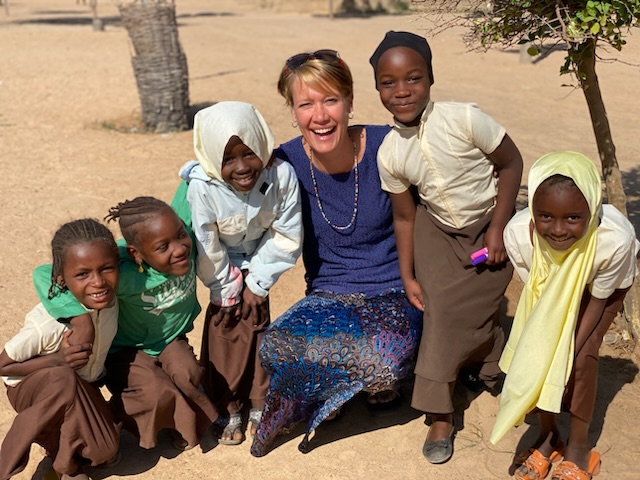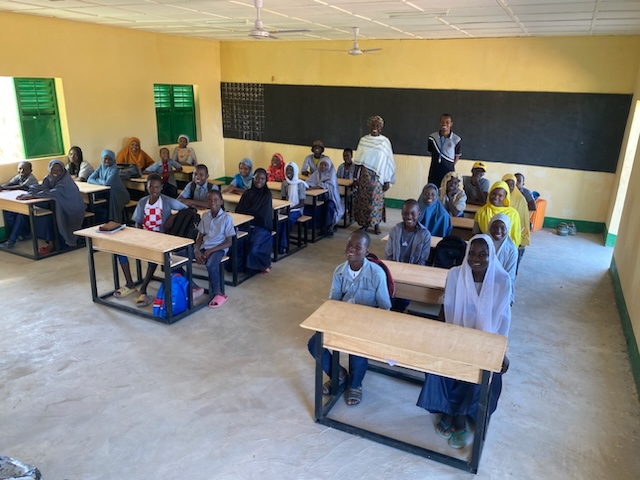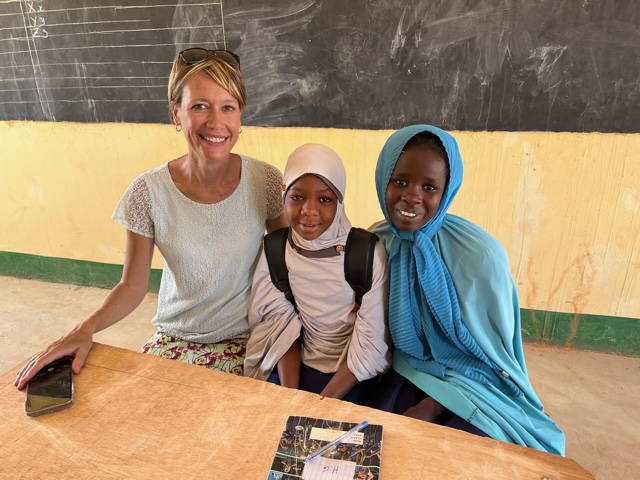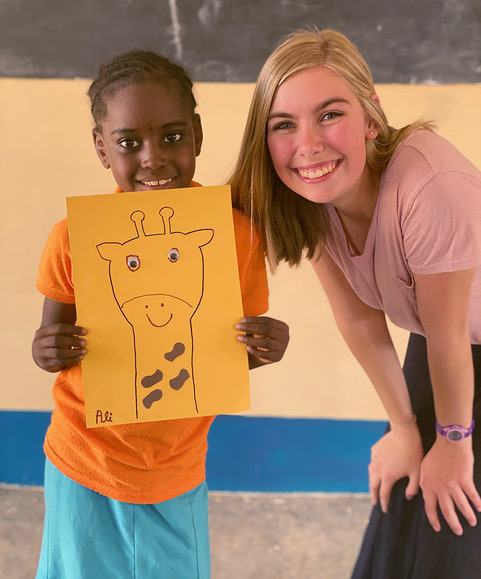What is presence? I wouldn’t know because I have always evaded the feeling. Since I was a child, I was on the move–waking up early or dragging my sister out the door so we wouldn’t be “late” to school. I didn’t like slowing down because life was about busyness and never losing a moment. When I stopped to feel the gravity of life in real-time, I panicked at the vast emptiness of the moment and all the things that would never get done because I had paused. Somehow, there was never enough time, and it felt like losing again and again.
Loss itself was an acquaintance I knew well. After living in a beautiful and communal hillside community in Northern India, I was whisked back to the fast-paced and distracted American life. Was I supposed to hurl myself into the productivity deep end to fit in here? Supposedly, and I did. I hopped onto the conveyor belt of busyness while trying to love the new school community I was a part of. Yet, I couldn’t help but feel distracted while doing it. I was looking ahead to the future, excited for all the possibilities ahead, while also living in deep anguish, fearful of losing all the people I had grown to love. All of senior year was clouded with looming dread and pre-sadness for the ending, and all of freshman year of college was feeling the grief of losing it. I was angry. Time was the enemy, always running ahead while I desperately tried to catch up. However, I discovered that the time I was chasing no longer existed.
During my first year at Hope, I lived in a dream world–an ideal future where I would teach at my high school. I truly loved education, but in this situation, I was hopeful for a taste of my fading past. With that in mind, I ran to the education department to make a plan for the next four years and the rest of my life. I was content because everything fit, like Tetris blocks falling perfectly into place, convincing me everything was fine. Yet, even with all the plans, I was bitter about my life, yearning to grasp the dying memory of high school. I wanted something I could never have but failed to realize that.
However, over time, my education plan weighed on me. I felt restricted, unhappy, and torn between what I needed in the present and what I loved before. I panicked, declared something else, and figured out how to graduate early and get out of college as fast as possible. I was scared of being at Hope without education as my future, without my friends in the grade above me, and worst of all, without a plan. I dreaded the ending like I had many times before, rather than living my life.
During those uncertain times, my communities re-grounded me. In the past, my teachers helped me through difficult times, and in college, the Hope Forward community reminded me why I was here. During the application process, I was considered for Hope Forward because people believed in me, not my test scores or extracurriculars, but rather, my heart and soul. Through their faith and belief that I could help give to the program, I was given a gift of education, something that fed my purpose more than anything. Furthermore, the first time I met the people in my cohort, I was deeply inspired by their purpose, love, and care for their communities. I wanted to live with that kind of stewardship for those around me in the ways that they did. Most of all, I was learning that giving was not only monetary; it also came through our attention, love, and time. Those small gifts were perhaps the greatest ones of all.
Hope Forward was so generous and loving, but why was I afraid to be present in this place? Why did I want to leave so badly? I wondered the same thing, but perhaps it was all the previous losses and leaving that made me afraid of loving this one. I thought that if I loved this community too much, I would love the other one less, or even worse, I would only lose this one too. Over the past semester, I was reminded that it was okay to love good and beautiful things and that life can contain many chapters instead of one. But it was when I watched my Hope Forward friend give her Pechca Kucha on the meaning of home that I knew I could be present in college. She posed the question, “What is home?” when our understanding of home is muddled, complicated, or even lost. She explained that maybe home existed in these physical places, but also, within ourselves everywhere we go. We were “home bearers,” and so were the people around us.
The past I was chasing were still memories I carried, beautiful and important as ever, but so were the moments in the present and the ones ahead. To love the present was not to love the past less; it was to refocus the love on something tangible and life-giving. I was learning to trust that whatever future lay beyond would unfold into something wonderful. Now was the time to live, and give to the people who gave that time to me.
I cannot say that my old mentality has been eradicated; change comes in small increments as most change does. What I can say is that I am learning to embrace time as something precious and beautiful, rather than something to lose. Receiving the gift of education is not about seizing a degree; it’s about being present for the community I am part of building. It’s about learning that there will be time and love in the places that give. I learn this more every day.


